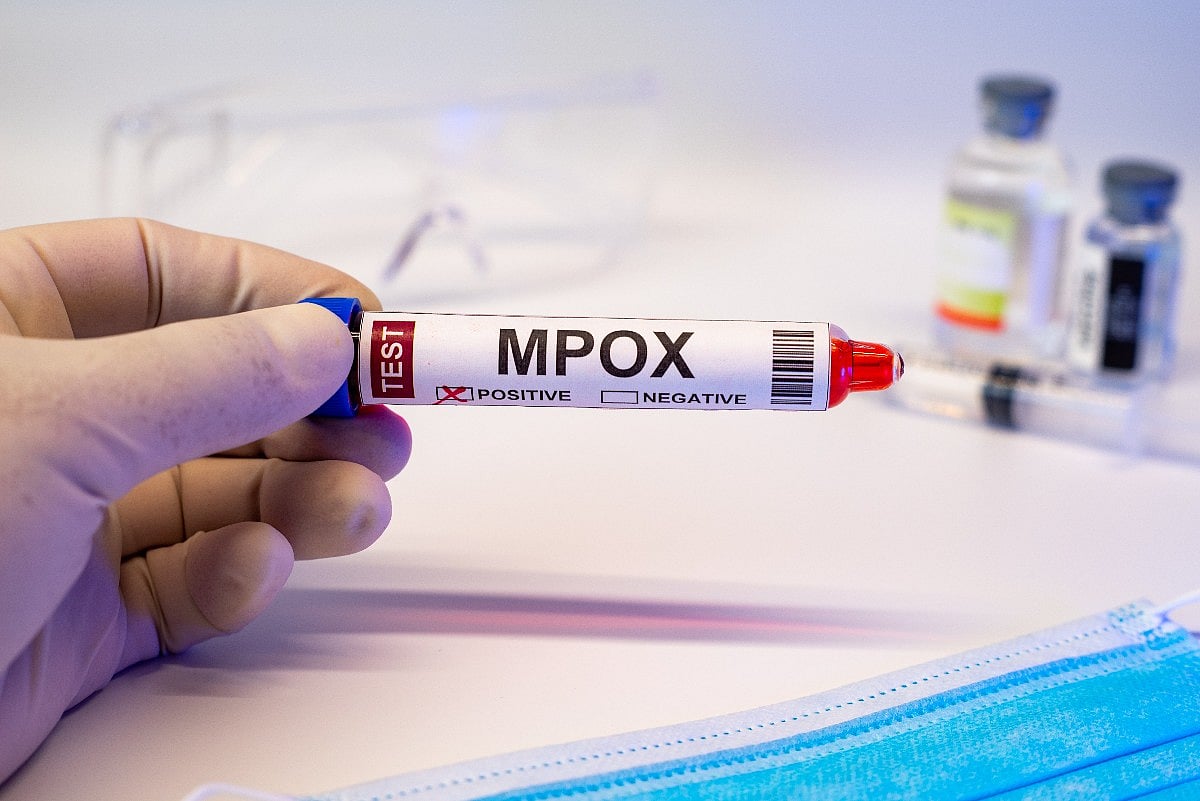Get Healthy!

- Posted December 13, 2024
Who's Most Likely to Get the Mpox Shot in U.S.?
When an outbreak of mpox first hit the United States in 2022, a vaccine called Jynneos was available to help protect the most vulnerable population, gay and bisexual men.
Now, there's new data showing which individuals in the LGBTQ+ community were most likely to get vaccinated against the virus.
According to the U.S. Centers for Disease Control and Prevention, the 2022 outbreak of mpox (formerly known as monkeypox) in the United States sickened more than 32,000 people and killed 58.
Researchers at Rutgers University asked 144 LGBTQ+ adults living in New York and New Jersey whether or not they'd gotten the Jynneos shot.
Nine out of 10 (90.9%) of men who answered the survey said they had either availed themselves of at least one dose of the vaccine or they had plans to do so.
Among participants who identified as gay, that number rose to 95.1%, the study published recently in the Journal of Community Health found.
Income and employment status seemed to matter. For example, nearly 82% of respondents who said they held full-time jobs had either gotten or planned to get the mpox vaccine.
Another important factor: HIV status. People who were HIV-positive were more likely to have secured an appointment to get the Jynneos shot versus folks who weren't infected with HIV.
That's probably because HIV-positive people are already well-connected to health care services, said study author Kristen Krause, an assistant professor of public health at Rutgers.
"If you're already connected to care, it's typically a little bit easier to access [vaccines]," Krause said in a Rutgers news release.
That wasn't true for everyone: A little more than half of participants in the survey said it was "moderately or very difficult" to get an mpox vaccination appointment.
"A lot of the anecdotes that we'd hear in the city suggested that if appointments were available, they weren't always easily accessible or they filled up really quickly," said Krause, who also helps direct Rutgers' Center for Health, Identity, Behavior and Prevention Studies.
"People didn't necessarily know where to go," she said, and vaccinations were often only offered "during working hours, which was a problem for some people."
The Rutgers team pointed out that Jynneos isn't designed to prevent mpox specifically -- it's actually meant to ward off a closely related virus, smallpox. However, Jynneos does seem to cut the odds for mpox illness, as well.
During the 2022 outbreak of mpox in Europe and North America, supplies of Jynneos were stretched thin. This meant that people could often only get one dose of the shot instead of the recommended two, or they received the shot at a lower dose.
Even when rationed, however, Jynneos did seem to be effective. One study from the CDC found that unvaccinated people were still 14 times more likely to get mpox versus folks who got some form of the vaccine.
It's less clear whether getting vaccinated in 2022 would still help someone in 2024, given that vaccine effectiveness can wane with time.
One study, published this fall in the Journal of the American Medical Association, found that mpox vaccine effectiveness seems to diminish considerably over the course of a year, and booster shots might be needed.
"Are those people who got vaccinated in 2022 still enjoying some level of immunity there?" Krause asked. “That’s a critical question right now.”
More information
Find out more about mpox at the World Health Organization.
SOURCE: Rutgers University, news release, Dec 10, 2024




